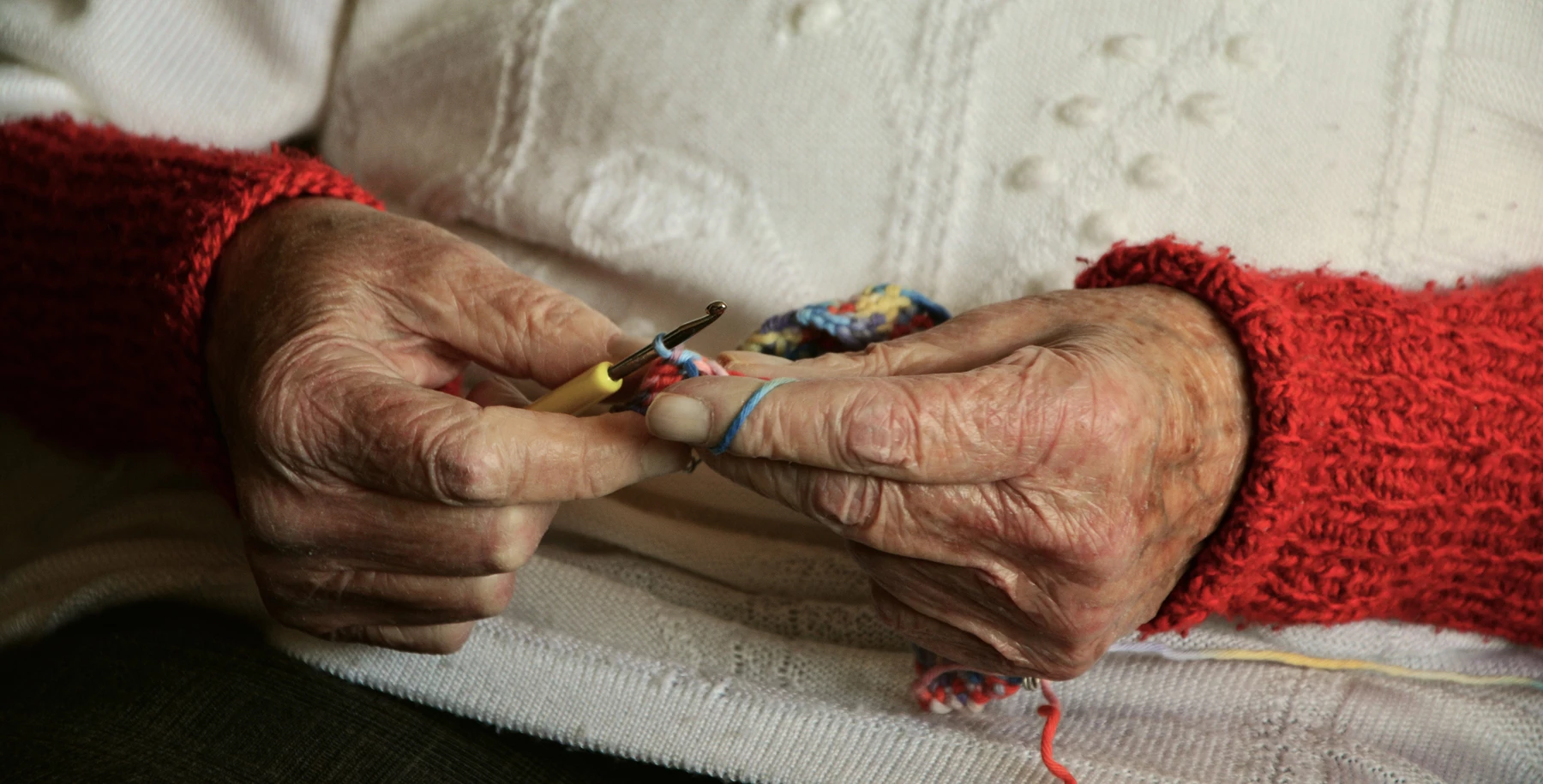14/10/2019 | Category: Commercial Insurance
How to run a care home successfully

Running a care home is not an easy task. Looking after other people is a huge responsibility and not one to be taken lightly. When the people in question are in the latter years of their lives, have existing medical conditions, and are vulnerable, that sense of responsibility increases even more.
According to figures from the Office of National Statistics, 11.8 million (18%) of the UK’s population were aged 65 years and older in 2017. By 2041, the over 65 age group is expected to reach 20.4 million people.
Data on the number of over 85s shows that 1.6 million people were aged over 85 in 2016. Estimates suggest that by 2041, that figure will double to 3.2 million, and by 2066 it will treble to 5.1 million.
With this in mind, the need for care, nursing and residential homes offering quality care across the UK has never been more urgent.
What makes a good care home?
According to the stats, 80% of care homes in England are rated good by the Care Quality Commission (CQC), but just 3.7% are rated outstanding. Care homes are inspected on five criteria: safe, effective, caring, responsive to people’s needs and well-led.
So how do outstanding care homes differ to those rated ‘good’?
An article on The Guardian suggests that outstanding care homes all share three key attributes. These are:
- An outstanding manager who is well supported and valued.
- Sufficient resources to do the job well, with these resources invested in the service. It’s worth noting that a state-funded care home that is rated outstanding is a rarity.
- The values and ethos of the organisations are clear and translated effectively from the top down. Profit is never a driving force of an outstanding care home.
A good care home needs to meet a resident’s physical, mental and emotional needs. That means making sure that vulnerable patients are happy, stimulated and safe. It also means that individuals are given the opportunity to have a say in their own care needs, are listened to, and are respected.
When a person’s mental and emotional needs are met, that makes meeting physical needs much easier. For example, when a person feels safe and secure they are more likely to sleep well. Or when a person feels like they are listened to and respected, they are more likely to accept advice on their wellbeing and medication.
Tips on running a successful care home

For the family of a vulnerable older person, choosing the right care home for their loved one can be an overwhelming task. It is important that care home providers give potential residents as much information as they can, are as transparent as possible, and strive to be the best they can.
Here are five tips on how to help you run a more successful care home and give your residents exactly what they need.
1 A watertight business plan
Running a care home comes with its fair share of challenges. It requires constant motivation, good financial judgement, resilience and compassion. Miss out on just one of those, and the risks soon add up.
There’s also the cost of heating during a particularly cold winter to think about (or the cost of keeping a building cool during a particularly hot summer). Or the possibility that a member of staff may leave suddenly and you are unable to recruit a replacement quickly enough.
Your number one priority when running your care home is ensuring you can give all residents the care and support they need day-to-day. A robust business plan will have factored in these risks and give you a clear direction in which to travel.
2 Putting the residents first
If you look at the data coming out of the CQC’s findings, the most successful care homes are those which focus on their residents, making sure that they are ‘doing with’ not ‘doing to’ the individuals who live in the care home.
If a care home resident is going to flourish, they need to be able to live full and independent lives. Residents need to be able to have a say in decision-making processes and choose how they spend their time.
It’s also important to speak with the friends and families of residents to get regular feedback and comments to allow you to review and improve the service you offer.
3 Staff training
Even the most caring, compassionate care home manager needs a dedicated supportive workforce around them. Care home staff need to be trained and qualified in what they do, so invest in your employees by offering them personal development, the chance to study for qualifications, and progression routes within the company.
Make sure your staff feel valued, know what is expected of them, share your high standards, and are committed to delivering the highest quality of care that your residents deserve.
4 Be hands-on and visible
It’s important that the manager of a care home is regularly seen in the care community. Speaking with residents, greeting them by name, smiling, and spending time with them won’t go unnoticed – by both residents and staff.
Staff will value a manager’s involvement, feeling more able to express concerns and being more open to change when it comes.
5 Focus on flexibility
Alongside a regular programme of events for residents, it’s good to run one-off events and activities, too. Ask residents what they would like to do and see how much energy you can inject into the care home setting.
That same level of flexibility can be applied to meals, too. Flexible meal times and menus makes dining a more pleasurable experience, encouraging more conversation and sociability among residents.
Protecting your residents and your business with care home insurance
The first priority for any care home, nursing home or residential home is providing the right care to some of society’s most vulnerable individuals. Care home insurance is designed to cover your home for buildings and contents, malicious attack, nursing malpractice, business interruption, keeping residents, staff and the business safe.
The care home insurance policies we offer can be tailored to suit the needs of specific businesses, leaving you to focus on the most important thing – the care of your residents.
Get in touch with the team at Insurance Choice to find the right care home insurance for your needs.
